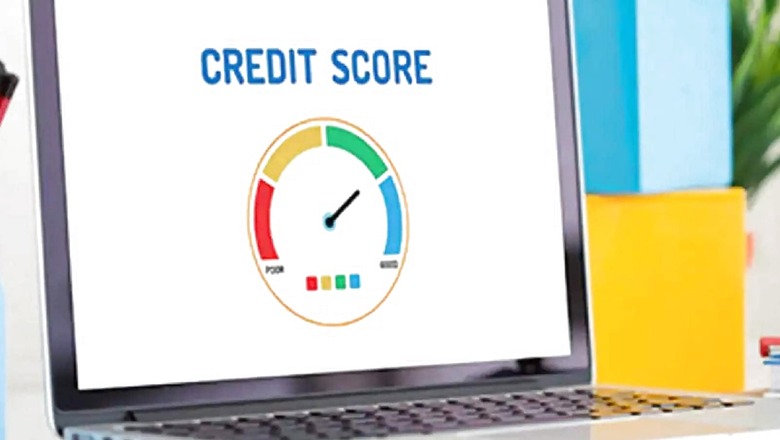
views
A credit score is an indicator of your credit health and your repaying capabilities and is an input used by lenders to extend all kinds of loans. The borrower’s credit score is looked into while seeking loans from banks or any other financial institution. Credit score is provided by companies like TransUnion CIBIL, Experian, etc. Here’s how you can maintain a good credit score.
The CIBIL score ranges from 300 to 900. The higher the score, the better it is. Generally, a score above 750 is considered good where the chances of loan approval become higher.
Siddharth Mahanot, COO & co-founder of Indifi Technologies, “To maintain a good CIBIL score, you can adopt a myriad of measures; the most straightforward ones being paying credit card bills and EMI on time. To improve your credit score, however, a lesser-known option is to take smaller loans that you are confident that you can repay promptly and not needlessly applying for loans. This will help establish a positive credit history, which is critical when applying for more substantial loans in the future.”
He added that your credit score is an indicator of your credit health and your repaying capabilities and is an input used by lenders to extend all kinds of loans. Therefore, how good or bad it has implications on your credit journey. As an entrepreneur, your personal credit score will act as a catalyst to getting a longer tenure and you can negotiate a better interest rate.
Aditya Kumar, co-founder & CEO of NIRO, “More than anything else, ensure that all your loan instalments on, or ideally before time. This is presumed to be the single largest contributor to your credit score. Allow sufficient time for the amount to be credited to the respective account also — in certain instances, this can take up to 48 hours. Even a few days’ delay to repayment of your instalments can negatively impact your score — especially if there are multiple instances of this.”
He also said if you have a credit card (or multiple credit cards), keep your credit utilisation at healthy levels – ideally no more than 30 per cent of your total credit limits. “Maxing out” credit limits on your cards can be perceived negatively by bureaus, and impact your credit score.
“Apply for credit, only when necessary – and do not apply for credit if you have recently been rejected for a loan. Multiple and successive ‘loan enquiries’ can adversely impact your credit score, even if those loans are eventually sanctioned,” Kumar said.
Read all the Latest Business News here

















Comments
0 comment